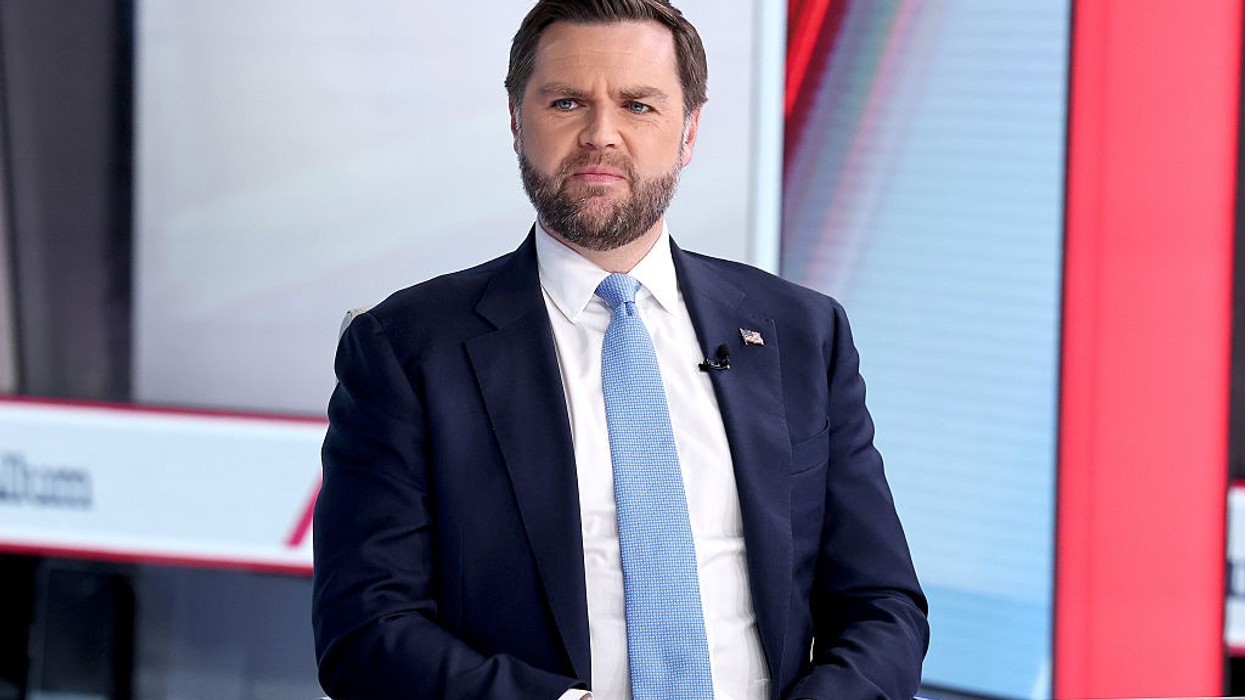President Donald Trump is set to make a pivotal decision within the next two weeks on whether the United States will join Israel’s ongoing war against Iran, with the aim of eliminating Iran’s nuclear program. The announcement, made by White House press secretary Karoline Leavitt, comes amid escalating tensions and ongoing diplomatic efforts to avert a wider Middle East conflict.
Diplomatic Window Remains Open
Leavitt emphasized that Trump is leaving the door open to diplomacy, citing a “chance for substantial negotiations” with Iran that could prevent military escalation. “Based on the fact that there is a chance for substantial negotiations that may or may not take place with Iran in the near future, I will make my decision on whether or not to go within the next two weeks,” Leavitt relayed from the president at Thursday’s White House briefing.
Behind the scenes, Trump’s special envoy Steve Witkoff has maintained direct communication with Iranian Foreign Minister Abbas Araghchi, while Trump himself has said that Iran has expressed interest in negotiating, even proposing to send a delegation to the White House. However, Trump warned that it was getting “very late” for talks and that he may soon authorize strikes on Iran’s nuclear program if progress is not made.
Key Considerations for US Military Action
According to US officials, Trump’s decision will hinge on three primary factors:
- Whether a military strike is truly necessary.
- Assurance that US involvement would not drag the country into a prolonged Middle East war.
- Confidence that the operation would actually destroy Iran’s nuclear program.
Trump has been briefed on both the risks and benefits of striking Iran’s most secure nuclear sites, such as Fordo, and is weighing the potential consequences carefully. “I like to make the final decision one second before it’s due, because things change, especially with war,” Trump told reporters, underscoring the gravity and unpredictability of the situation.
International and Regional Diplomacy Intensifies
As the US deliberates, European officials are pushing hard for renewed diplomatic engagement. Foreign ministers from France, Germany, and the UK, along with the EU’s foreign policy chief, are scheduled to meet with Iran’s Abbas Araghchi in Geneva to explore options for de-escalation. The US has indicated it will closely evaluate the outcome of these talks before making any final decisions.
A European diplomat noted, “The Iranians can’t sit down with the Americans, whereas we can. We will tell them to come back to the table to discuss the nuclear issue before the worst case scenario,” highlighting Europe’s unique role as an intermediary.
Ongoing Conflict and Risks of Escalation
Meanwhile, Israel continues its air campaign against Iran, targeting missile production sites and nuclear research facilities in Tehran and elsewhere. Iran has responded with missile and drone attacks on Israeli targets, insisting its nuclear program is for peaceful purposes. The conflict has already resulted in significant casualties on both sides, with hundreds reported dead in Iran and dozens in Israel.
Iran has warned that it will respond forcefully to any US military involvement, and has reportedly prepared missiles for strikes on US bases in the region if necessary. The situation remains highly volatile, with the potential for a major escalation if diplomatic efforts fail.
President Trump’s decision in the coming weeks will be a defining moment for US foreign policy in the Middle East. While the White House insists that diplomacy is still possible, preparations for military action are underway, and the world is watching closely to see whether the US will join Israel in its campaign against Iran’s nuclear ambitions












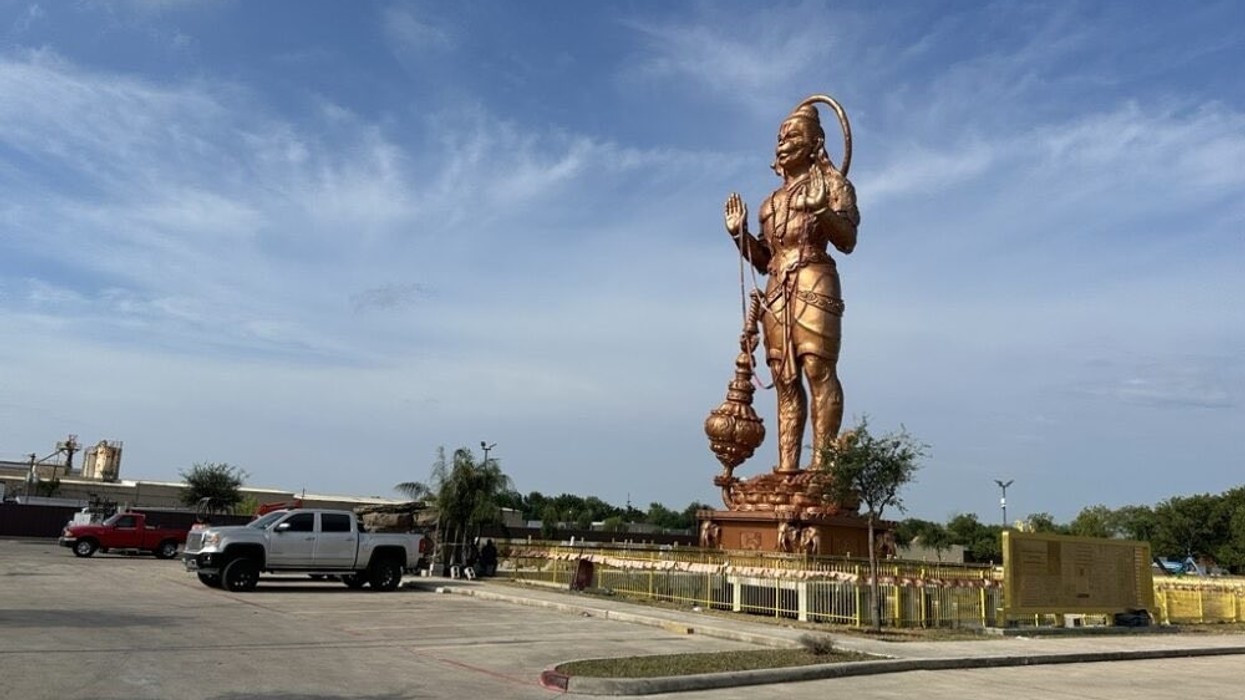
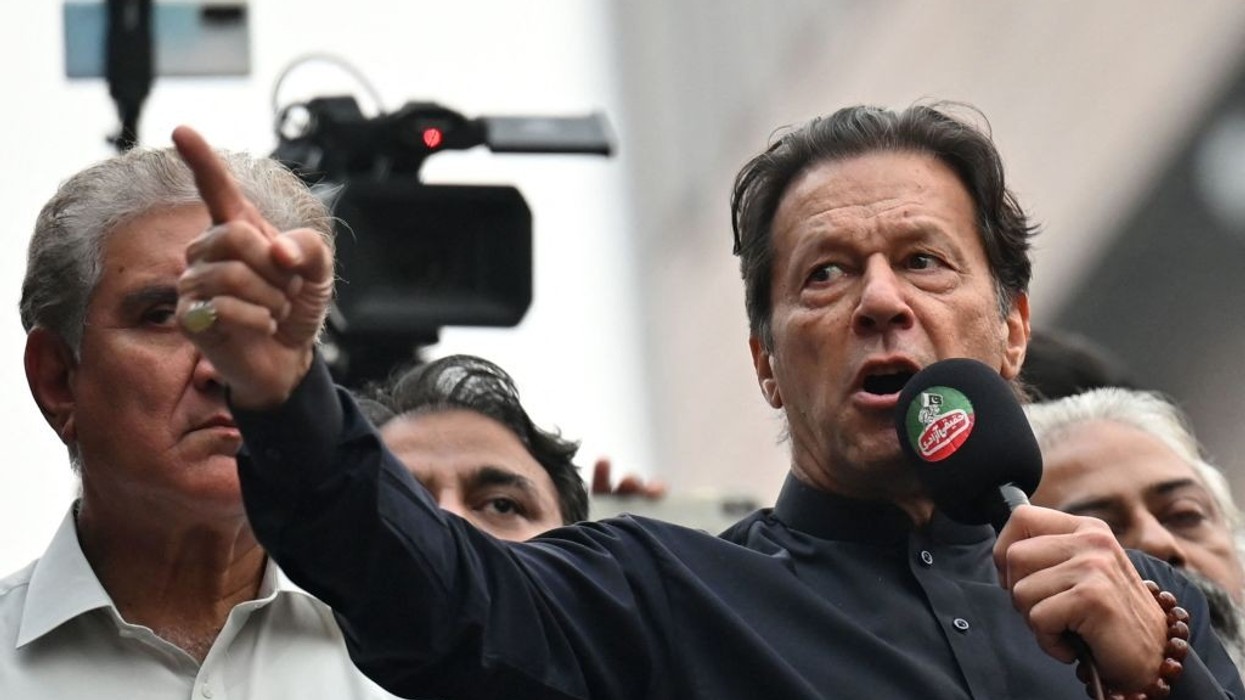
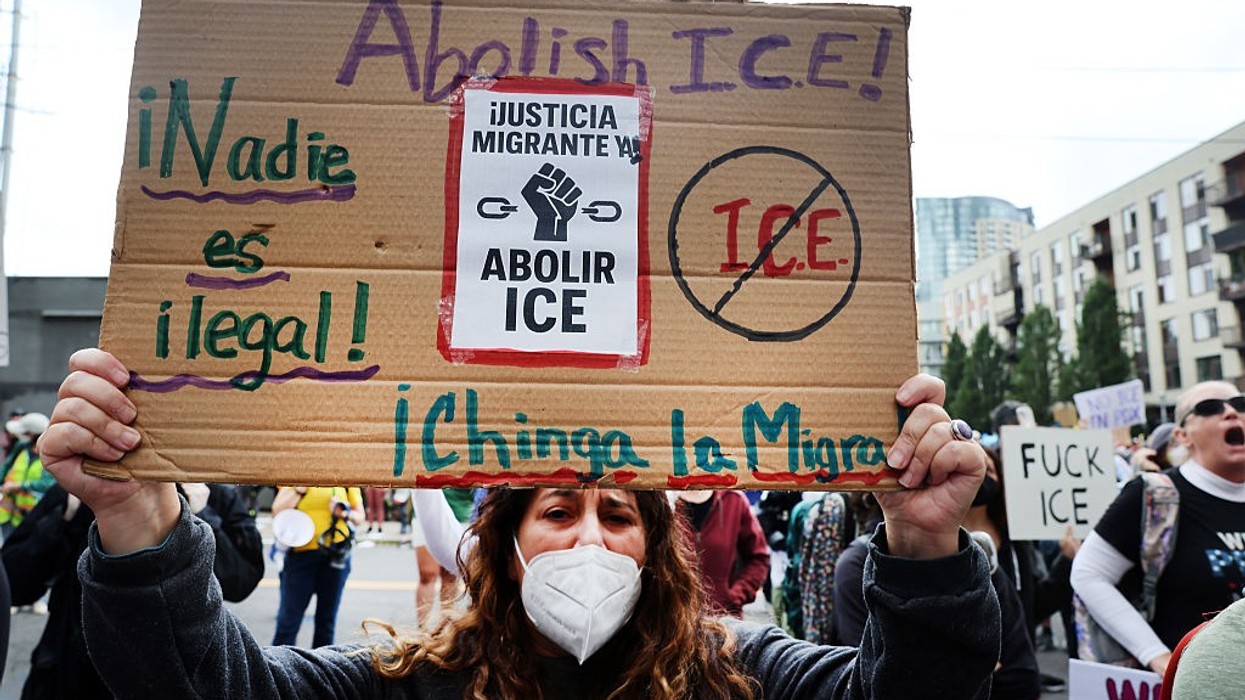
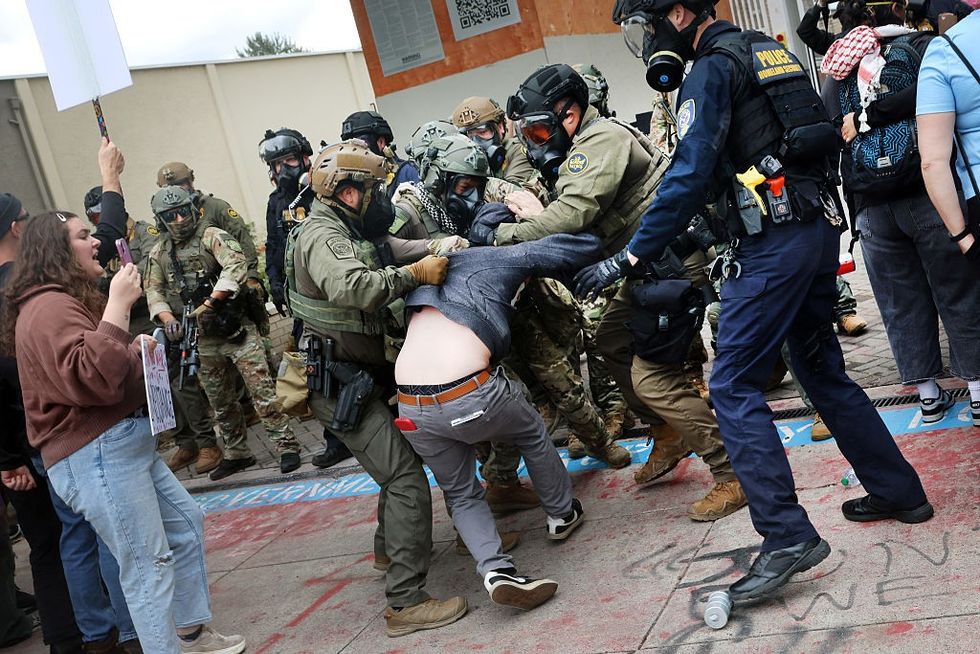 Getty Images
Getty Images